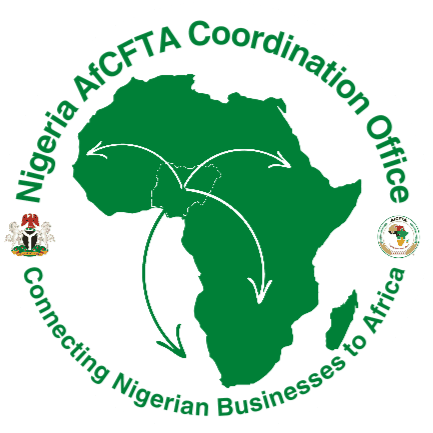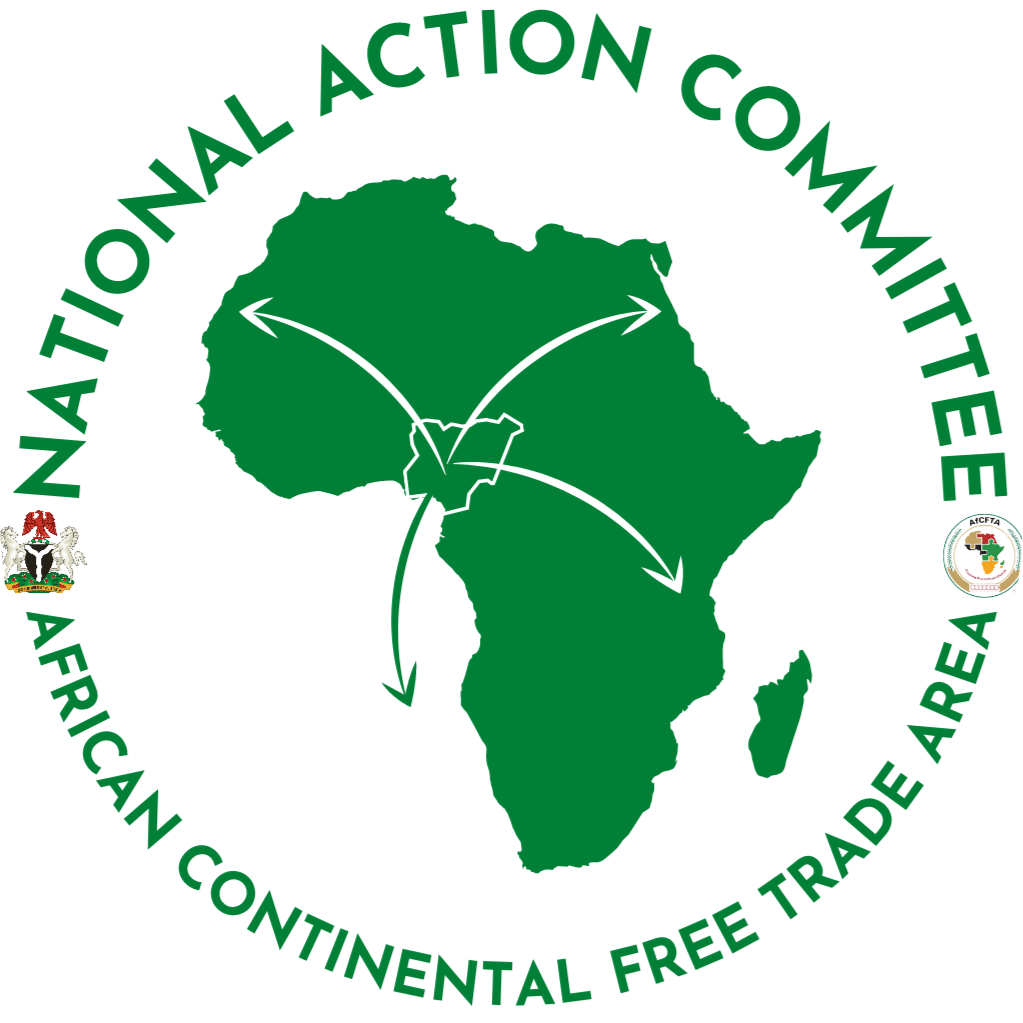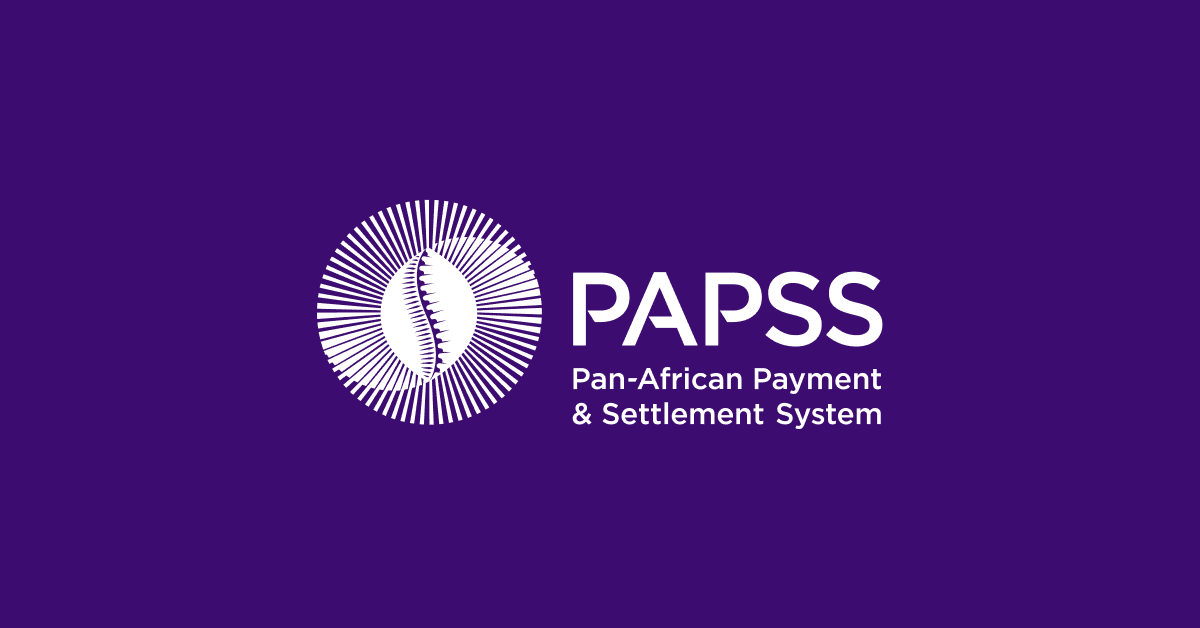Africa made a history in the formation of African Continental Free Trade Area (AfCFTA) agreement which its negotiations commenced on June 15, 2015 in Johannesburg with the Treaty signed on March 21, 2018 in Kigali.
It was expected that trading activities under this framework would commence in July 2020 but the global pandemic and shutdown of national economies frustrated the plan.
The agreement however took effect from 1st January 2021 with Africa showing some seriousness with the AfCFTA compared to previous attempts.
The AfCFTA which many considered as mirage came to reality in spite challenges, and hurdles in the formation, signing and ratification of the agreement and eventual take off of the trade.
No doubt, the AfCFTA is the largest trade agreement in the world considering the number of participating countries, with 54 out of 55 African countries that signed the agreement.
AfCFTA will be the biggest single market and projected with a GDP of 2.5 trillion dollars from a whooping population of 2.5 billion people across 54 countries participating.
The agreement was signed and ratified on trade in goods, trade in services, investment, intellectual property rights, competition and dispute settlement.
Stakeholders expected Nigeria to be a major player in the trade considering its population and diversity as well anticipated the giant of Africa to be a business hub for importation and exportation of goods and services.
Although, there have been valid concerns about the effect the AfCFTA would have on the Nigerian economy, these concerns could be addressed by the government putting in place safeguards to ensure vulnerable industries are protected.
Improving transport infrastructure and enforcing policies that would see a reduction in the cost of production had also been advocated.
World Bank report suggests that the manufacturing sector is to experience the highest participation under the AfCFTA, Thus, countries with improved manufacturing sector and high production capacity are more poised with this comparative advantage.
Observers are still skeptical as to how the AfCFTA would be implemented in various participating countries particularly Nigeria on the goods and services to be showcased and how to do so to other member nations.
Recently, officials of the AfCFTA in the country had commenced a nationwide sub-national engagement to sensitise and educate relevant stakeholders in states of the federation.
The campaign is to also set up the state AfCFTA technical group and commence discussion regarding the development of the state AfCFTA implementation plan among others.
The record shows that the officials of the National Action Committee on AFCFTA had had engagement with no fewer than six states so far across the country with a view to educate, sensitise and mobilise them to ensure efficient implementation of the AfCFTA.
The Minister of Industry Trade and Investment Otunba Adeniyi Adebayo said that the opportunity presented by the AfCFTA agreement was access to a single market for Made-in-Africa goods with a population of 1.2 billion people and a combined Gross Domestic Product (GDP) of 3.4 trillion dollars.
Adebayo stressed that the main objective of the agreement is to liberalise trade so that African countries can trade more among themselves and through that, African economies will be integrated.
He also said that the mechanism for settlement and dispute resolutions were also in place to ensure peace among African countries.
Adebayo , further said that the agreement would also expand market access for Nigeria’s exporters of goods and services which would, in turn, catalyse production growth and boost job creation in Nigeria’s economy.
He noted that the AfCFTA would stimulate Nigeria’s export diversification by providing preferential access to Nigeria products and services to the huge African market which currently sourced 85 percent of imports from outside the continent.
The minister also said that the AfCFTA would eliminate tariffs on 90 per cent of tradable goods over five years for developing countries and 10 years for least developed countries.
Adebayo said that the agreement provided platform to ensure that every product has origin, while assuring that Nigeria would not become a dumping ground for unidentified products from other African countries.
According to the minister, other “As regarding the flooding of the market with substandard products, there are mechanism in place in the agreement.
“The rules of origin is a criteria where participating countries must source their products locally. There is also provision to guided against transhipment of products outside African market.
He, however, said that as a committee it encouraged processing of raw materials and value addition rather than export of raw materials.
He added that working with state government’s would help to identify products of comparative advantage to ensure that all the various programmes and initiatives on exports would add value to enable it go into African market.
He noted that AfCFTA was also interesting to Nigeria because Africa demanded finished goods and Nigeria aspired to industrialise and progress beyond export of commodities.
“AfCFTA can act as a catalyst for Nigeria’s export diversification by providing preferential access to Nigerian products and services to the huge African market which currently sources over 85 per cent of imports from outside the continent.
“It also provides immense opportunities for Nigerian companies to expand to Africa, especially in oil and gas, financial services, fintech, tourism services, e-commerce and manufacturing.
“Since the bulk of Nigeria’s wealth are domiciled in the states, if Nigeria is to stand any chance of making something out of AfCFTA, it must as a matter of necessity domesticate it at the state and grassroots levels.
“It is for this reason that the National Action Committee on AfCFTA has commenced a nationwide sensitisation across states to ensure that each state finds its voice in the overall vision and mission of AfCFTA,’’ Adebayo said”.
Also, the Secretary of National Action Committee on AFCFTA / Senior Special Assistant to the President on Public Sector Matters, Mr Francis Anatogu, said that AfCFTA came to grow the African market like the intra- European market.
According to him, the EU intra-trade is about 65 per cent while Africa, is about 15 per cent.
He added that AFCFTA is about growing trade in Africa and they are working in every state to develop what they are going to sell in Africa.
Secretary to the committee, said that its mandate was also to facilitate the ratification of the phase one agreement and implement safeguards in the AfCFTA phase one agreements.
He also said that it was to champion programmes to resolve the critical continental-level challenges, conclude ongoing trade reform programmes at ECOWAS such as the adoption of a common trade policy.
According to him, the committee’s duty is also to facilitate productivity and production capacity enhancement programmes on priority products and services and facilitate growth of export trade capabilities of Nigerian.
He , however, noted that while addressing the products and services for exports, issues of competitiveness and infrastructure; power, transportation, trade barriers, others would be tackled.
“We improve coordination between trade, fiscal and monetary policies, facilitate enforcement of domestic and international trade rules, facilitate amendments of Acts and enacting new bills as may be required.
“With the above in mind, we started out by establishing the requirements to safeguard Nigeria’s economy from the threats identified.
“With confidence that the threats can be mitigated , we recommended the ratification of the agreement to the Federal Executive Council.” He said.
He , therefore called on manufacturers and exporters to explore opportunities presented by the African Continental Free Trade Agreement, by moving away from commodity export to exportation of finished goods
Recently ,Delta State Governor Dr. Ifeanyi Okowa assured that his administration would partner with the Federal Government towards domesticating the African Continental Free Trade Area (AfCFTA) agreement .
Okowa however stated that leveraging on the African Continental Free Trade Area (AFCFTA) agreement would help create jobs, increase productivity and boost the nation’s economy.
According to him, being part of AFCFTA is in the best interest of the country and it is imperative Nigeria explore its huge population to stimulate increased productivity to help in creating more jobs and engender a safe society.
While commending the committee’s initiative in visiting states to sensitise the public to understand the benefits of the agreement, Okowa harped on the need to domesticate the agreement in states.
The governor also said that the more states were involved in the trade agreement it would boost export and increase internally generated revenue.
He also called on the government to ensure that setbacks involved in exports were taken care of because many exporters were already discouraged in doing the business.
He pointed out that there were bottlenecks associated with export trading and urged the Federal Government to work towards eliminating the constraints to encourage more traders.
The governor said that the cost of production of power was an issue that must be addressed, noting that improving the availability of power would help those in business to sustain it because lots of businesses would not be sustained, due to this challenge.
“We hope that the issue of power supply will be addressed because it leads to a high cost of production and it will affect producers in such a way that their products cannot compete favourably
“We are glad that this relationship is coming at this time because it will actually stimulate and expand production thereby creating room for greater employment and people will make more money.
“When more and more people get employed there is less insecurity because when you take off more people from the unemployment market, you have fewer people available for criminal tendencies,” he stated”.
On his part, the Chief Economic Adviser to Gov. Ifeanyi Okowa, Dr Kingsley Emu, said that AFCFTA was an opportunity for private individuals to explore the opportunities at the larger market.
Emu added that AFCFTA provided an opportunity for Africa to create the world’s largest free trade area with the potential to unite more than 1.2 billion people in a $2.5 trillion economic bloc.
He stated that it has the potential to generate a range of benefits through supporting trade creation, structural transformation, productive employment as well as reduce poverty .
According to Emu, the demand push or pull, particularly when there is an off taker agreement, it is a game changer for the private sector.
He , however noted that the trade and job creation ability of the agreement would be unprecedented in Africa.
Stakeholders had maintained that AfCTA offered Nigeria, as the largest economy in Africa, and one of the leading intra-African trading nations, huge export opportunities.
They stated that it opens the wider African market for Nigerian manufacturers and exporters, maintained that it was another way to reduce poverty in the country and record growth in regional and global trade.
They noted that manufacturers represented the largest collection of entrepreneurs in Nigeria, and advocated for robust and competitive manufacturing sector that would make the country a regional and global economic power.
As the largest economy in Africa, the AfCTA holds a phenomenal growth and export opportunities for Nigeria.
Stakeholders have also expressed concern on how products that comes into the country would be scrutinised to rid it of substandard products.
They however expressed fear that Nigeria with huge population should not become a dumping ground for substandard goods.
They also advocated for more awareness and sensitisation on how exporters should deal with bottlenecks in order to leverage on the agreement.
They, therefore identified funds, poor power supply amongst others as bottlenecks ,urged government to eliminate the constraints in order to boost productivity and economic growth.


